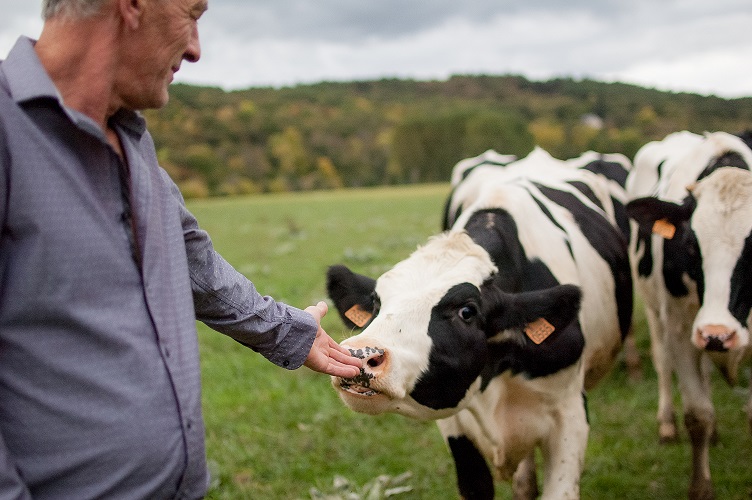Divorce is rarely simple or straightforward, but it can become particularly complicated when a farming business in involved.
Farming businesses often have complex ownership. They are frequently passed down from generation to generation and have other family members involved in the tenure or running of the business. This can make division of assets involving a farm particularly emotionally driven.
Property in a farm can also be complicated – often a portfolio of owned and rented buildings, both commercial and residential. It is not uncommon for modern farms to rent commercial units out to other businesses or have rented accommodation for farm employees and their families to live in. They may even have land earmarked for development or valuable acres of land forming part of the working farm.
The way in which a farm operates is also diverse, often with a complex structure involving several small businesses or different families, including long-term contracts, loans, and agreements.
Divorcing Farmers
Farming families are frequently exposed to many of the factors that can break down a marriage. Working together, poor work-life balance, tough hours, stress, chronic tiredness, and financial worries. This can put pressure on a marriage leaving the only option of a divorce.
Mental health issues are rife in the farming industry. Last year Farmers Weekly magazine published an article which stated that 84% of farmers under 40 believe mental health is the biggest danger facing the industry. Poor mental health can make relationships difficult to keep afloat and make separation tough to cope with.
Sharing Assets & Financial Settlements
Due to the complexities, it is key for both parties to get the best advice relating to their legal position and finances.
Full financial disclosure will need to be provided which should include digging into the farm business, sharing accounts and valuing assets. Given the changes to farm subsidies post-Brexit and the likely impact that will have on the price of agricultural land, it is important to obtain accurate and up to date valuations.
It is quite often the case that the farm is the source of income and homeownership for a family. How both parties will continue to support themselves and any children they have is important to address early on in the divorce proceedings.
Families are likely to be protective of their farming business and paying out settlements for divorce could put the business in financial difficulty. Some divorces call for land or parts of the farming business to be sold off. It is vital to identify which assets belong inside or outside of the marriage. For example, property may be owned by the parents or grandparents or joint assets may have been used towards the home or the business.
Once a clear picture of the marital assets and needs has been attained, family lawyers or the court can consider how assets can be redistributed to reach a fair and reasonable outcome.

Prevention is Better Than Cure
One way that farming families can ring-fence their assets is to use pre-nuptial agreements or post-nuptial agreements when members of the family marry and welcome new participants into the fold of the family business and/or home.
It is not uncommon for farmers to use pre-nuptial agreements and is a sensible option to disclose from the outset how the farm assets would be addressed in the event of the relationship breaking down. They can offer security, clarity and peace of mind for both husband and wife.
Seeking Advice to Move Forward
If you are concerned about divorce and want to seek some initial advice before taking the first step, then please get in touch.
Equally, if you are ready to move ahead with divorce, either as a farmer or spouse of a farmer, then speaking to a solicitor can help you understand the process.
Call us on 01256 844888, email enquiries@lambbrooks.com or speak to our online chat assistant (who is a real person) available at any time of day, including evenings and weekends.
We hope to help you navigate a way forward during challenging times. We can offer video call appointments if this helps, given the current lockdown restrictions or difficulty getting advice discreetly.
Other Articles You May Be Interested in Reading:
The Tricky Business of Divorce
10 Things You Can do to Prepare for Divorce
How to Protect Your Estate From a Claim by a Spouse
The contents of this article are for the purposes of general awareness only. They do not purport to constitute legal or professional advice. The law may have changed since this article was published. Readers should not act on the basis of the information included and should take appropriate professional advice upon their own particular circumstances.
